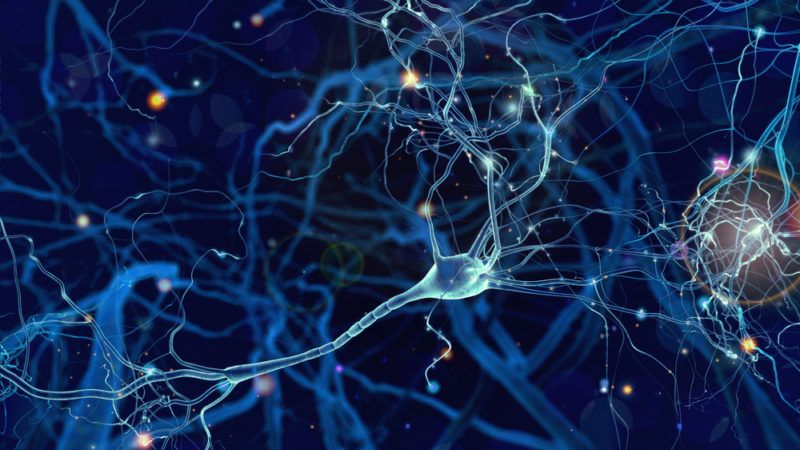A new study on adult neurogenesis and Alzheimer’s disease.
According to a study led by scientists at Massachusetts General Hospital, exercise-induced neurogenesis improves cognition in a mouse model of Alzheimer’s disease, yielding more benefits than drug-induced adult neurogenesis. The scientists were able to figure out the difference between the two types of induced neurogenesis and pharmacologically reproduce the same benefits provided by exercise [1].
Study abstract
Adult hippocampal neurogenesis (AHN) is impaired before the onset of Alzheimer’s disease (AD) pathology. We found that exercise provided cognitive benefit to 5×FAD mice, a mouse model of AD, by inducing AHN and elevating levels of brain-derived neurotrophic factor (BDNF). Neither stimulation of AHN alone, nor exercise, in the absence of increased AHN, ameliorated cognition. We successfully mimicked the beneficial effects of exercise on AD mice by genetically and pharmacologically inducing AHN in combination with elevating BDNF levels. Suppressing AHN later led to worsened cognitive performance and loss of preexisting dentate neurons. Thus, pharmacological mimetics of exercise, enhancing AHN and elevating BDNF levels, may improve cognition in AD. Furthermore, applied at early stages of AD, these mimetics may protect against subsequent neuronal cell death.
